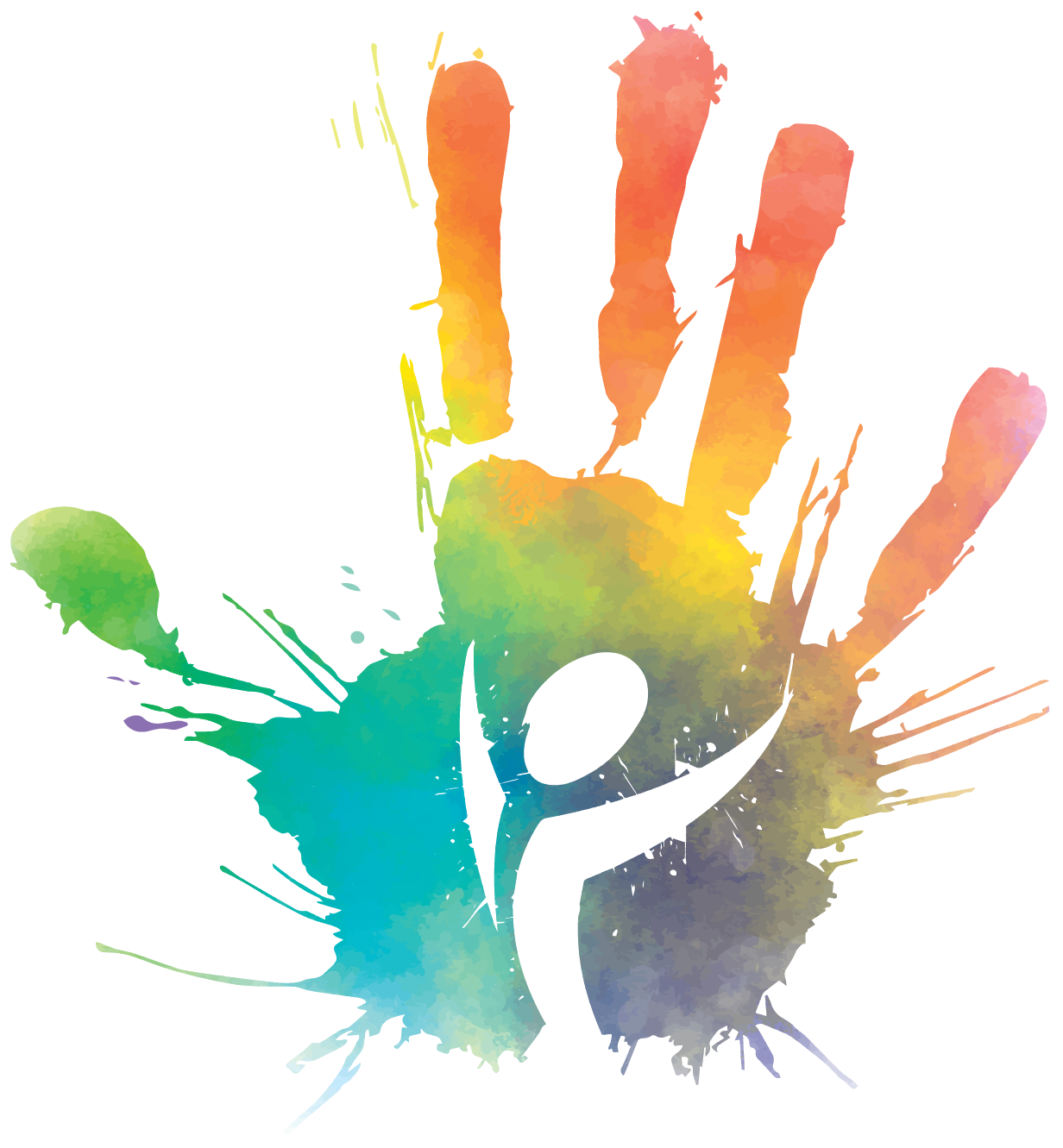Chel’sea Ryan (she/her), Director of Mental & Social Wellness, shares her insights into why cultivating Black leadership matters for nonprofit organizations and the health community.
"If they don't give you a seat at the table bring a folding chair" -Shirley Chisholm
Being a Black leader calls for moments when I must make my own way into rooms that were not built for me, not only in my personal life but also my professional life. If I can carve out space for myself, it is allowing space for my daughters and other future Black leaders.
Why does Black leadership matter?
Representation, Representation, Representation! Making a lane for the future isn't neat and/or quiet. We need people who look like us, talk like us to be in positions of power. We have so much to change to increase the Black person's access to healthcare. I can be that change; you can be that change and maybe another Black person wouldn't have to die prematurely for something that is easily treated
Why is it important for us to increase the number of Black leaders in the health, wellness and HIV care and prevention?
Trust is earned and not given. Seeing a Black doctor, nurse, social worker or therapist will significantly increase the likelihood that Black individuals will engage in services. It can be difficult for Non-POC to understand the generational barriers our ancestors were subjected to that still are affecting us today. Having the ability to understand and empathize can drive an organization to effectively care for their clients.
What are some steps nonprofit organizations can take to build a work culture where Black leaders thrive?
Pay us what we are worth; Black women are among the least paid in the country. Invest in our development and education. Allow us space to effectively voice our opinions, thoughts and concerns.
What are some leadership lessons you have learned?
Burnout is a real consequence to ineffective leadership. I had to develop the ability to say no and stick with that boundary. Also, leading with my actions means much more than my words.
Staff spotlight: Peggy Williamson, R.D.
Meet Peggy Williamson (she/her), who is celebrating 15 years working with the Southwest Center, first as a consultant and, since 2015, a full-time employee. As the Director of Food and Nutrition, Peggy oversees the Vitamin & Herb Shop and the food voucher program, in addition to being a clinical dietitian. She leads a team of four that sees more than 1,800 clients per year to prescribe supplements, counsel clients on their diet and do body composition testing.
Throughout her career, she has worked in all aspects of nutrition from pediatrics to geriatrics, including critical care, diabetes and she was a tube feeding dietitian. Peggy is passionate about nutrition and is very proactive about health. Her favorite part of working at the Southwest Center is following up with clients and celebrating their progress with them.
Working in this area of nutrition, she has heard many inspiring stories, and many stories of hardship. “I have grown in so many ways and have had the opportunity to interact and provide care to some truly amazing people,” says Peggy. “I feel blessed. My job is not just what I do, it is a part of who I am, and who I have become.”
Peggy was raised in Grand Rapids, MI, moved to Tucson at age 14, attended University of Arizona for her undergraduate degree and Texas Tech for graduate school. Fun facts: Peggy has raised six children as a single parent following the death of her husband, Tom, at age 38. She has two sets of twins and a grandchild named Noah who just turned one year old. She plays the harp and the piano and loves to hike and exercise.
International Drag Day – history of activism
By Adam Steigerwald
International Drag Day is honored annually on July 16. This day recognizes and celebrates the art of drag and the impact it has had on our culture and society.
The Southwest Center wants to specifically acknowledge drag artists who have and continue to be activists for the LGBTQIA+ community and in the fight against HIV. From drag legends of the past, like Stormé DeLarverie, to current drag artists, the fight for healthcare, racial equity, anti-discrimination and much more have been fought for by drag artists.
We also celebrate drag artists for helping us think outside the box when it comes to gender, identity and the human experience. Drag artists allow us to explore what it means to be human and give us limitless possibilities for expression. The Southwest Center has some brilliant drag entertainers on our staff who we encourage you to see and support.
Gray Matter - Find Gray Matter performing at Stacy's @ Melrose for The Pride, Fridays at 9pm and every 3rd Saturday for Opulence at 9pm. Fun fact about Gray Matter: they started doing drag in Michigan in 2010 and their first drag name was Valentino.
Miss Moscato - Find Miss Moscato at Karamba’s July 21, July 24, and October 9. Miss Moscato holds three titles in Michigan where they started doing drag four and a half years ago.
Zara Stevens - Find Zara Stevens at Karamba Nightclub, BS West, Stacy’s, The Rock, Kobalt, C7, and various venues in the US! This is their first year doing drag, and their birthday is October 1.
Also, don’t miss our Outreach Team at Stacy’s @ Melrose for the Queer Agenda on Tuesdays and MAJIK, every 4th Saturday.
World Hepatitis Day
By Lea Nickolas, FNP-BC Family Nurse Practitioner (she/her)
With contributions by Paul Hardt and Taylor Piontek
Gay, bisexual, and other men who have sex with men (MSM) have a higher chance of getting viral hepatitis including Hepatitis A, B, and C, which are diseases that affect the liver. According to the CDC, approximately 10% of new hepatitis A virus (HAV) infections and approximately 15%–25% of all new hepatitis B virus (HBV) infections among adults in the United States are among MSM.
What does my liver do?
The liver:
FILTERS toxins & medications
CREATS bile (which helps with digestion)
BUILDS proteins
Helps ABSORB fats and STORES sugars that help REGULATE hormone/cholesterol levels, and has over 500 known functions in the body
Why do I need to know what my liver does?
It is important to understand the function your liver plays on your health so that you can avoid things that can be harmful to it. Ultimately, you want to avoid developing cirrhosis, which is a disease in which the liver becomes severely scarred, from injury.
The most common causes of scarring include
alcohol consumption (higher than recommended amount)
chronic hepatitis B or C (viral infections that affect the liver)
fatty liver disease aka NAFLD (non-alcoholic fatty liver disease)
What can I do to protect myself?
Prevent hepatitis A, B and C by:
Get vaccinated: Hepatitis A and B are viral diseases of the liver that can be prevented through vaccination. If you are unsure if you are immune, talk to your healthcare provider.
Practice safe sex: Hepatitis A, B and C can be spread through sexual contact. Regular condom use can help prevent transmission. Free condoms are available at Southwest Center.
Wash your hands: Hepatitis A can be spread through contact with contaminated food or water.
Limit alcohol consumption
If you think only lifelong, falling-down drunks get cirrhosis of the liver — you’re mistaken. Just four ounces a day of hard liquor for men (two for women) can begin to scar your liver.
Watch out for medications and herbs
Examples: diet and weight loss pills & muscle building supplements are common over the counter products that can affect your liver.
“The number one reason clinical [medicine] trials are stopped, or drugs removed from the market is the liver,” warns Dr. Alqahtani, from John Hopkins University, who adds, “20 percent of liver injury in the U.S. is caused by supplements.” The National Institutes of Health has a database of substances known to be toxic to your liver. https://www.ncbi.nlm.nih.gov/books/NBK547852/
If after reading this you have additional questions, feel free to reach out to the medical team at Southwest Center. We are happy to help you make informed decisions about your care.
References
https://cpb-us-e1.wpmucdn.com/blogs.uoregon.edu/dist/b/7280/files/2015/09/dis6f15-2aifzvp.pdf
https://liverfoundation.org/for-patients/about-the-liver/health-wellness/nutrition/
https://www.hopkinsmedicine.org/health/wellness-and-prevention/5-ways-to-be-kind-to-your-liver
https://www.uptodate.com/contents/cirrhosis-beyond-the-basics/print




